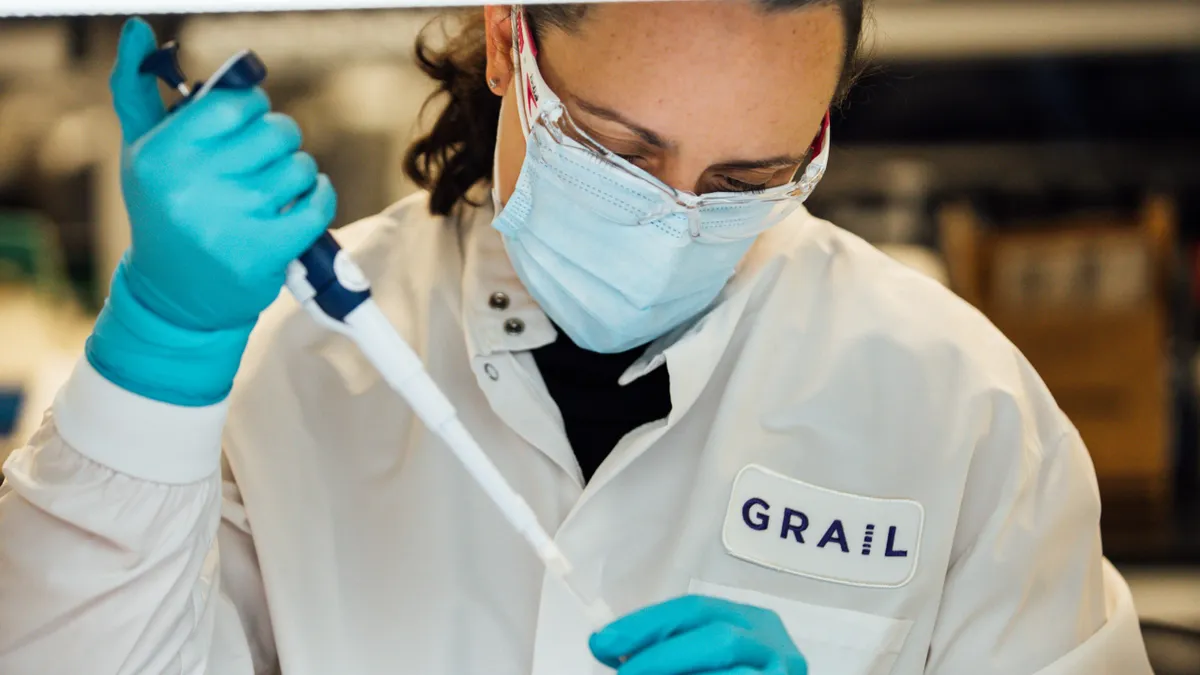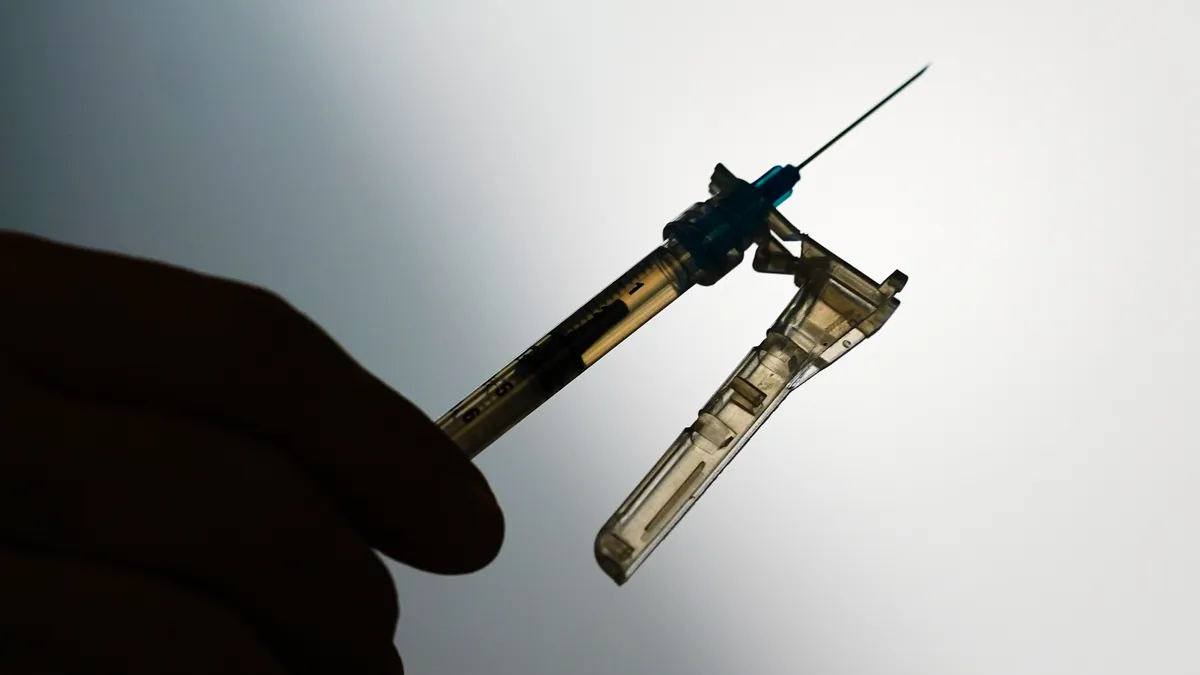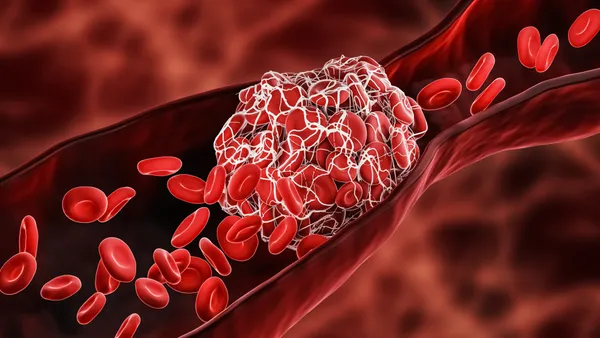Dive Brief:
- The European Commission is pushing ahead with plans to extend the deadline for transitioning to the Medical Devices Regulation (MDR).
- Having accepted that notified body capacity “remains insufficient,” the Commission shared a formal proposal to give manufacturers until 2027 or 2028, depending on risk classification, to get their devices designated under MDR.
- The proposal, which hews closely to a plan outlined last month, now moves to the European Parliament and Council for adoption.
Dive Insight:
One month ago, European Union Health Commissioner Stella Kyriakides proposed delaying MDR enforcement by three to four years to prevent product shortages and buy time to implement “additional measures to address the structural problems” with the regulation.
The Commission has now formalized Kyriakides’ plan. In a proposal to the European Parliament and the Council, the Commission set out plans to extend the transition period for higher-risk devices until the end of 2027 and for medium and lower risk devices until the end of 2028. The Commission also plans to remove the “sell-off” date that would force the unnecessary disposal of some safe medical devices
Those proposals are unchanged from the statement Kyriakides made last month. The Commission also added a proposal to introduce a transition period for class III implantable custom-made devices. Under the draft MDR amendments, manufacturers of such devices will have until May 26, 2026, to obtain certification by a notified body. Manufacturers need to start the notified body process by May 26, 2024.
The Commission has sent its proposal for adoption by the Parliament and Council through an accelerated co-decision procedure. The EU bodies can take years to finalize terms but have a track record of moving swiftly to adopt changes to the MDR and IVDR timelines. MedTech Europe, in a statement to welcome “the Commission’s recognition of the ongoing urgent risks of medical device shortages,” called for the EU bodies to quickly wrap up the legislative revisions.
“It is now of utmost importance that the European Parliament and Council adopt this legislative proposal as swiftly as possible to restore an acceptable regulatory pathway that enables all categories of medical devices to remain available to patients and healthcare systems,” the trade group wrote in a statement.











